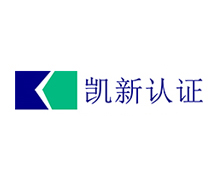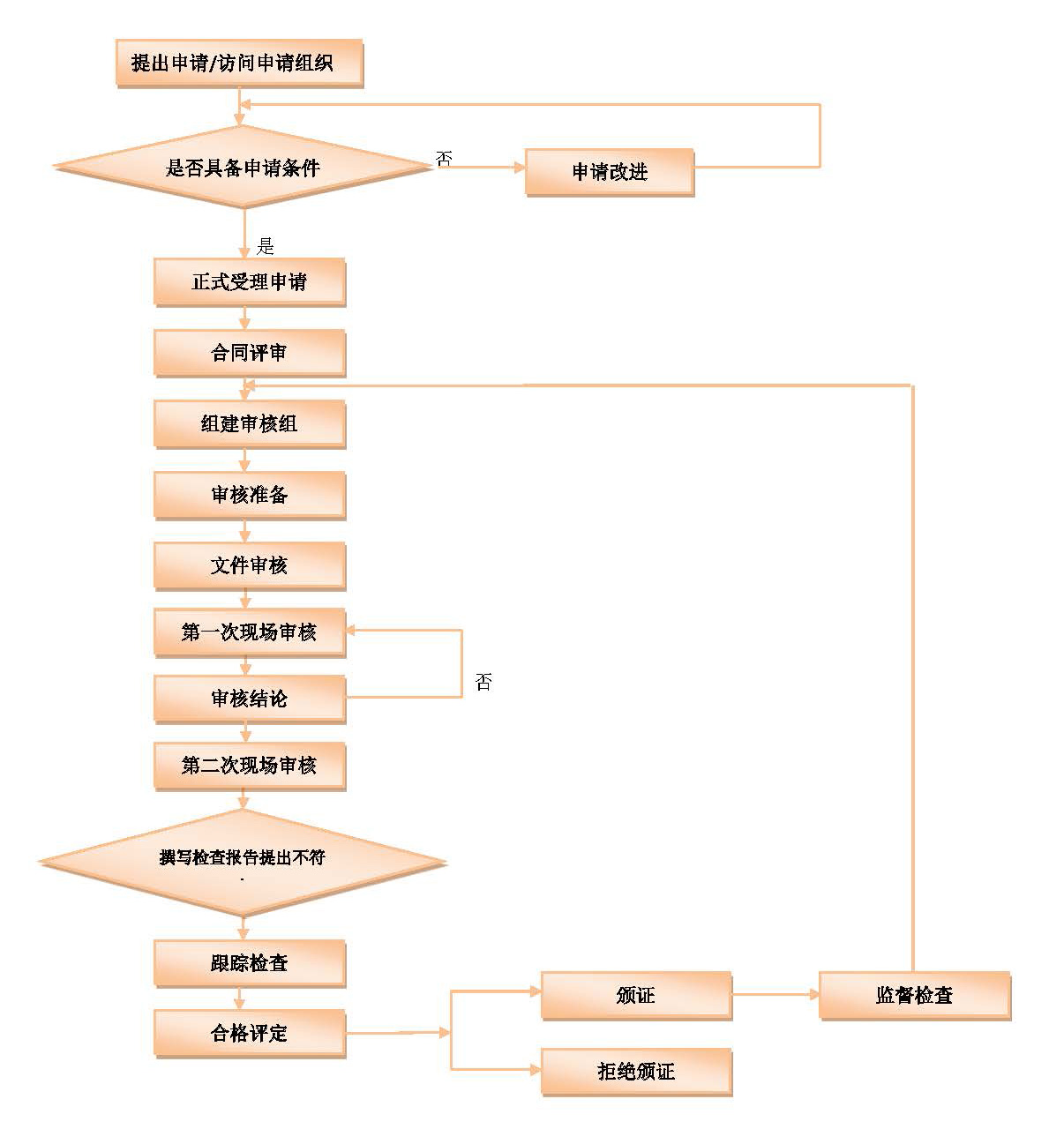

If you have any questions about KCB and our media relations activities, please dial 4006161189.
General manager:
8610-65512190
Helen@kcb-china.com
Manager representative:
8610-65533099
hnn@kcb-china.com
Vice General Manager:
8610-65528538
Jenny-Jiang@kcb-china.com
Currently, the information technology has penetrated into all areas of people`s lives. With a large number of hardware and software systems putting into use, the complexity and the importance of the system put forward higher and more stringent requirements for the continuous and stable operation of the system. The IT service maintenance and management method that entirely depends on the personal quality and level of technical personnel has become unfit for the increasingly complex information system and the rapid expansion of information resources and is increasingly unable to meet the needs of business. This has prompted enterprises to take effective measures to standardize the management of information technology services. ISO/IEC 20000 provides enterprises with a set of effective, customer-centered IT service self-perfection management system. As a summary of the best practices of processes, ISO/IEC 20000 can be applied to organizations of different scales, types and structures.
Certification significance:
Energy is the foundation of national economic development. The contradiction between energy use and energy shortage and environmental protection is becoming increasingly acute. The ecological environment problems caused by excessive consumption of energy have attracted the attention of people all over the world. Our country has made energy conservation a basic state policy, and governments at all levels have promulgated many laws and regulations related to energy conservation. The energy management system is suitable for all types of energy consuming units. Especially, it is of great importance for iron and steel, coal, electricity, paper, chemical and other high energy-consuming enterprises.
GB/T 23331-2012, the national standard Energy Management System Requirements, was promulgated on December 31, 2012 and formally implemented on October 1, 2013. The content of Energy Management System Requirements is applicable to all kinds of organizations. It starts from the whole process of the system and follows the principle of system management. Through the implementation of a complete set of standards and norms, it establishes a complete, effective and documented energy management system within the organization. It pays great attention to the control of the establishment and implementation process, thus continuously optimizing the organization`s activities, processes and related elements. Through measures such as routine energy-saving monitoring, energy audit, energy efficiency benchmarking, internal audit, organization of energy metering and testing, organization of energy balance statistics, management review, self evaluation, energy-saving technical reconstruction, energy-saving assessment, it continually enhances the effectiveness of the continuous improvement of energy management system, achieves the energy management policy and commitment and reaches the expected goal of energy consumption or use.
The significance of energy management system for enterprise development:
1. To establish a comprehensive, systematic and operable energy saving program and form a long-term energy saving mechanism
2. To eliminate backward, inefficient, high energy consuming equipment, materials and technologies
3. To better implement the government energy conservation policy requirements, thereby obtaining all kinds of national awards and fiscal policy support
4. To fulfill environmental protection, low carbon and other social responsibilities and enhance the good social image of the enterprise
5. To reduce cost and increase competition among enterprises


技术支持:北京网站建设  原创先锋
原创先锋